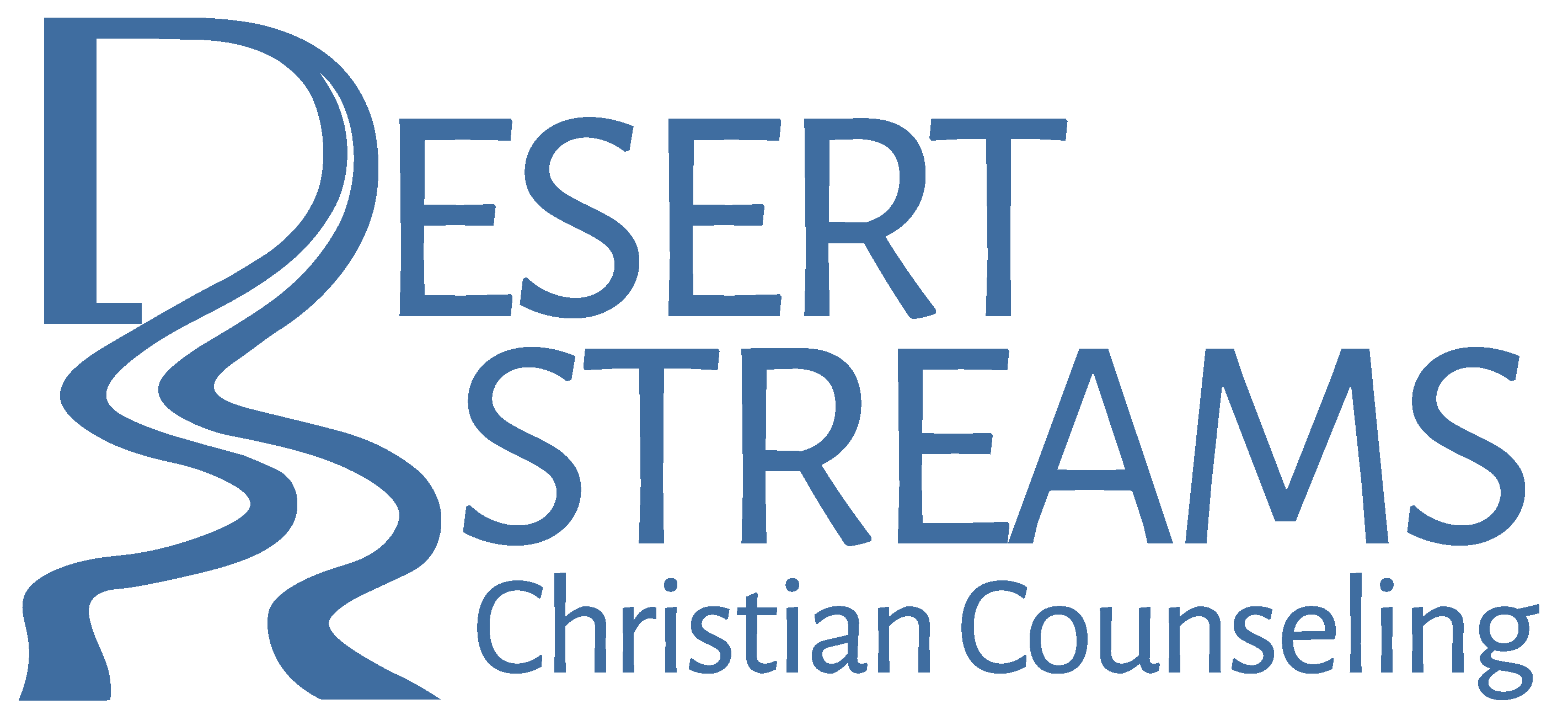In today’s fast-paced and often stressful world, anxiety has become a common issue affecting millions of individuals. While traditional therapy approaches can be effective, many people find solace and healing through Christian counseling. Christian counseling, also known as faith-based therapy, offers a unique approach to addressing anxiety by integrating spiritual beliefs and principles into the counseling process. In this article, we’ll explore the benefits of Christian counseling for anxiety and how it can provide a sense of peace and healing for those struggling with this mental health condition.
Understanding Christian Counseling
Christian counseling is a form of therapy that integrates psychological principles with the teachings of the Christian faith. It is based on the belief that mental and emotional health can be improved through a holistic approach that includes spiritual guidance and support. Christian counselors are trained professionals who use a combination of traditional counseling techniques and biblical teachings to help individuals overcome anxiety and other mental health issues.
Benefits of Christian Counseling for Anxiety
1. Integration of Faith: One of the primary benefits of Christian counseling is the integration of faith into the counseling process. For many individuals, their faith is a source of strength and comfort, and incorporating it into therapy can provide a sense of hope and purpose.
2. Spiritual Support: Christian counselors provide spiritual support and guidance, helping individuals strengthen their faith and find meaning in their struggles. This can be particularly beneficial for those experiencing anxiety, as it can help them feel more connected to a higher power and less alone in their struggles.
3. Holistic Approach: Christian counseling takes a holistic approach to mental health, addressing the spiritual, emotional, and physical aspects of a person’s well-being. This can lead to more comprehensive and effective treatment for anxiety.
4. Values Alignment: Christian counseling helps individuals align their values and beliefs with their actions, which can reduce feelings of guilt, shame, and anxiety. This alignment can provide a sense of peace and clarity, helping individuals better cope with their anxiety.
5. Coping Skills: Christian counseling can help equip individuals with coping skills rooted in faith, such as prayer, meditation, and scripture reading. These skills can help individuals manage their anxiety symptoms and find peace in times of distress.
6. Long-Term Healing: Christian counseling focuses on long-term healing and growth, helping individuals develop a deeper understanding of themselves and their faith. This can lead to lasting changes that can help individuals manage their anxiety more effectively in the future.
Conclusion
Christian counseling offers a unique and effective approach to treating anxiety by integrating faith into the counseling process. By providing spiritual support, teaching coping skills rooted in faith, and offering a holistic approach to mental health, Christian counseling can help individuals find peace and healing in the midst of their anxiety. If you or someone you know is struggling with anxiety, consider seeking out Christian counseling as a path to healing and wholeness.







